Africa New Energies and Aziza Project internships create a hotbed of innovation
Every summer the offices of Africa New Energies (ANE) and its fund-raising platform the Aziza Project in Wimbledon, South London, offer ten weeks of work experience on various unique projects for a group of highly motivated year-eleven and university students.
There are, at any one time, three young people working on assorted assignments – and sometimes four or five – labouring under the eagle-eyed supervision of Michael Crosland, an engineering graduate from the University of Cape Town, who also did an internship in 2016.
The instant reaction to this invasion of youth in a restricted work place is “what could go wrong?” Apart from leaving the fire escape door open overnight, a few overheated Raspberry Pi’s, and the odd computer giving up as a result of overwork, so far, nothing has.
On the contrary, the young people – mostly enthusiastic millennials ranging from 17 to 25 years-old – have teamed up and tackled their respective projects with enthusiasm and humour, forging a cerebral and light-hearted atmosphere in which innovation and insight have flourished.
Stroll into the ANE-Aziza office and you will be confronted with earnest discussion, sometimes heated, and often loud. SD micro-memory cards, mechanised propellers, USB connectors, groups of servos connected with elastic bands, bits of wire littering the space between laptops, and the ever-present soldering iron needed for electronic assembly.
Testing drones in and outside the office
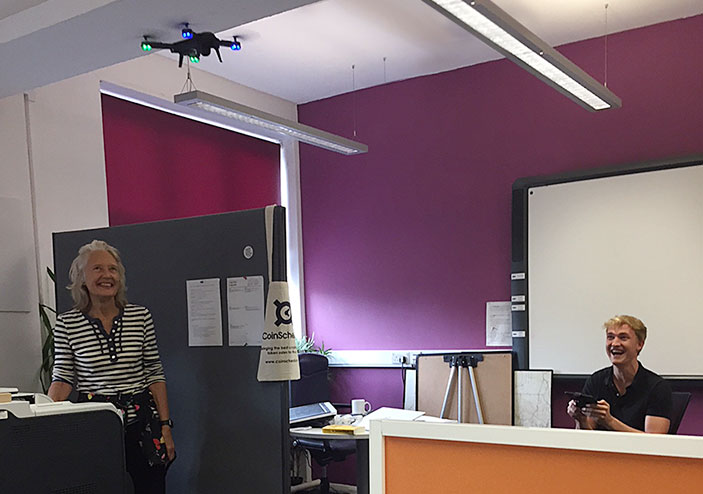
This year Tom O’Brien, a Geography undergraduate from Durham University, has bought and tested drones – in the office and outside.
He has taught himself how to use R, a programming language commonly used for remote sensing. He is developing an AI algorithm to detect distressed vegetation on ANE’s 22,000 square-kilometre concession in Namibia, using Landsat data to help locate hydrocarbon seepages. This will help pinpoint the best place to drill for hydrocarbons.
Cast your eye over to another desk and you will see Andrew Earl, an Innovation Engineering post-graduate at Imperial College and the Royal College of Art, transfixed to his screen.
He has been crunching data from academic geological reconstructions modelling the period 780 million and 470 million years ago during the breakup of the Rodinia supercontinent – long before Gondwanaland ever came into existence. Earl used that data to make an animation of continental drift affecting the ANE concession over hundreds of millions of years.
Seventeen year-old Ollie Monk, who is studying for A-levels maths, physics and computer science, is trying to create a prototype LiDAR system to make a 3D model of a given geographical area, which will be supported by a drone and used to gather data on the concession.
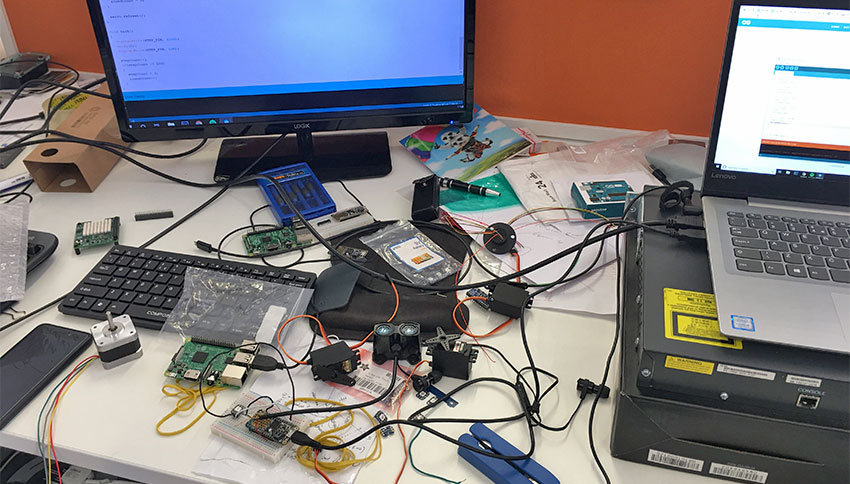
You can actually hear their brains expanding as each participant learns from the others. Expertise not seniority is what counts in these exchanges. The discussions can be between two pairs, a group of three with the others working at the computer or the whole group of four or five.
Learning to programme in C, R and Python
Trial software is downloaded and learnt – or taught and studies revisited to haul the project forward. They teach each other coding in C, R or Python – geek talk for different coding languages.
Tom breaks away from his satellite mapping project to teach Kholiswa Ntshinga in the Johannesburg office how to programme in R. The atmosphere fluctuates been long periods of studied silence and energetic bursts of animated conversation.
Earth Explorer comes in handy. Its Landsat satellite imagery is used to analyse vegetation stress to highlight possible locations of oil and gas. But vegetation can be stressed by other variables, so the team uses machine learning to help distinguish between them.
One of the most earnest daily discussions is where to go for lunch. Two things are important here: a maximum expenditure of £5 and value for money – quality and quantity.
Mondays and Tuesdays are sorted. Two-for-one pizzas at the Garratt & Gauge public house, and two-for-one burgers at the O’Neil’s public house. Wednesdays, Thursdays and Fridays are up for heated debate. The boss is on holiday, so Nando’s is no longer obligatory on Friday. Again, a spirit of cooperation and adventure characterises the decision-making process.
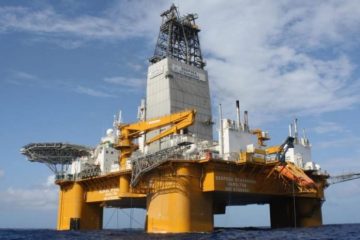
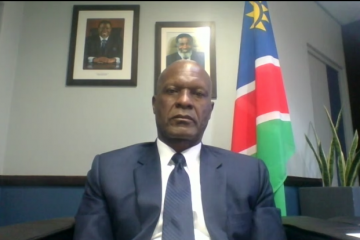
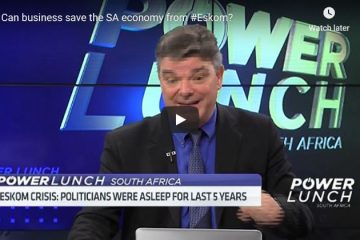
0 Comments